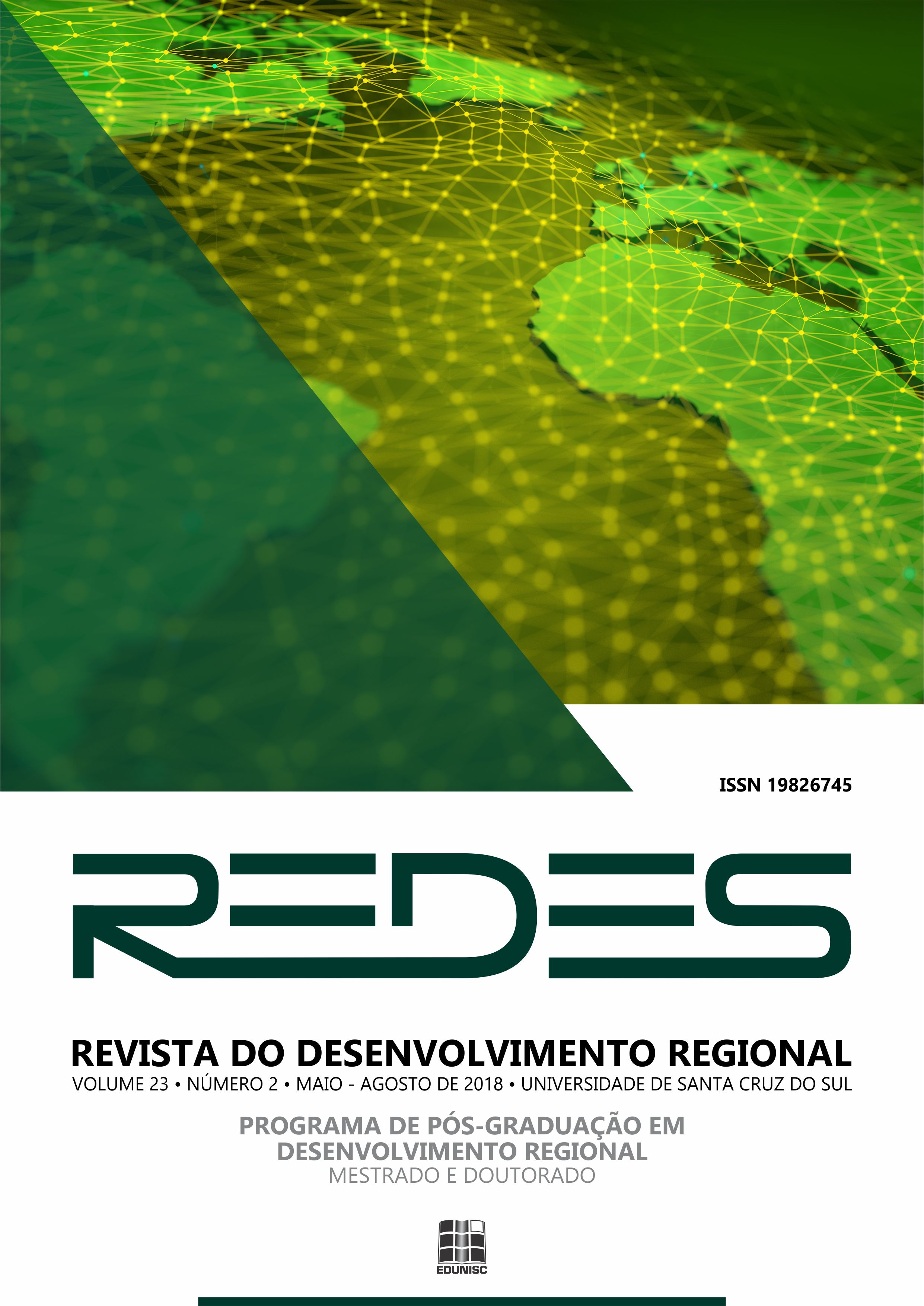Economics transaction costs categories of analysis in the decision to innovate
DOI:
https://doi.org/10.17058/redes.v23i2.7513Keywords:
Transaction costs. Decision making process. Innovations.Abstract
This article discusses the variables which influence winemakers and grape producers from the area of Serra Gaucha, more specifically from Apromontes (Altos Montes Winemakers Association), in the process of adopting innovations capable of incrementing their competitiveness and leading the area towards development. The theoretical background in this article is based on the Transaction Cost Economics, more specifically in the transaction dimensions and in the behavioral assumptions. The data collection was done through interviews with twelve wine companies, 25 grape wine producers connected to each of the wine companies from Apromontes and, as witnesses, seven grape wine producers from Flores da Cunha and Nova Padua Rural Workers’ Syndicate - STR. The analysis of the results seems to point out to the fact that the wine companies have certain degree of asset specificity. However, it is among the grape producers that this specificity is more traumatic, as the terrain and the climate in that area limit the migration of other activities, characterizing what Williamson (1985;1996) calls physical asset specificity. It was also identified the presence of human asset specificity, which we call affective, and which emerges from the connections between the “individuals” with their object of production (the vitis viniferas), as well as from the connections among the peer producers. This physical and social context alludes to decision making processes away from innovative actions, which limit the potential development of the area.Downloads
Downloads
Published
2018-05-15
How to Cite
de Oliveira, G. N., Arbage, A. P., & Costa, N. L. (2018). Economics transaction costs categories of analysis in the decision to innovate. Redes , 23(2), 316-338. https://doi.org/10.17058/redes.v23i2.7513
Issue
Section
Redes de Cooperação, Arranjos Produtivos e Desenvolvimento Regional



